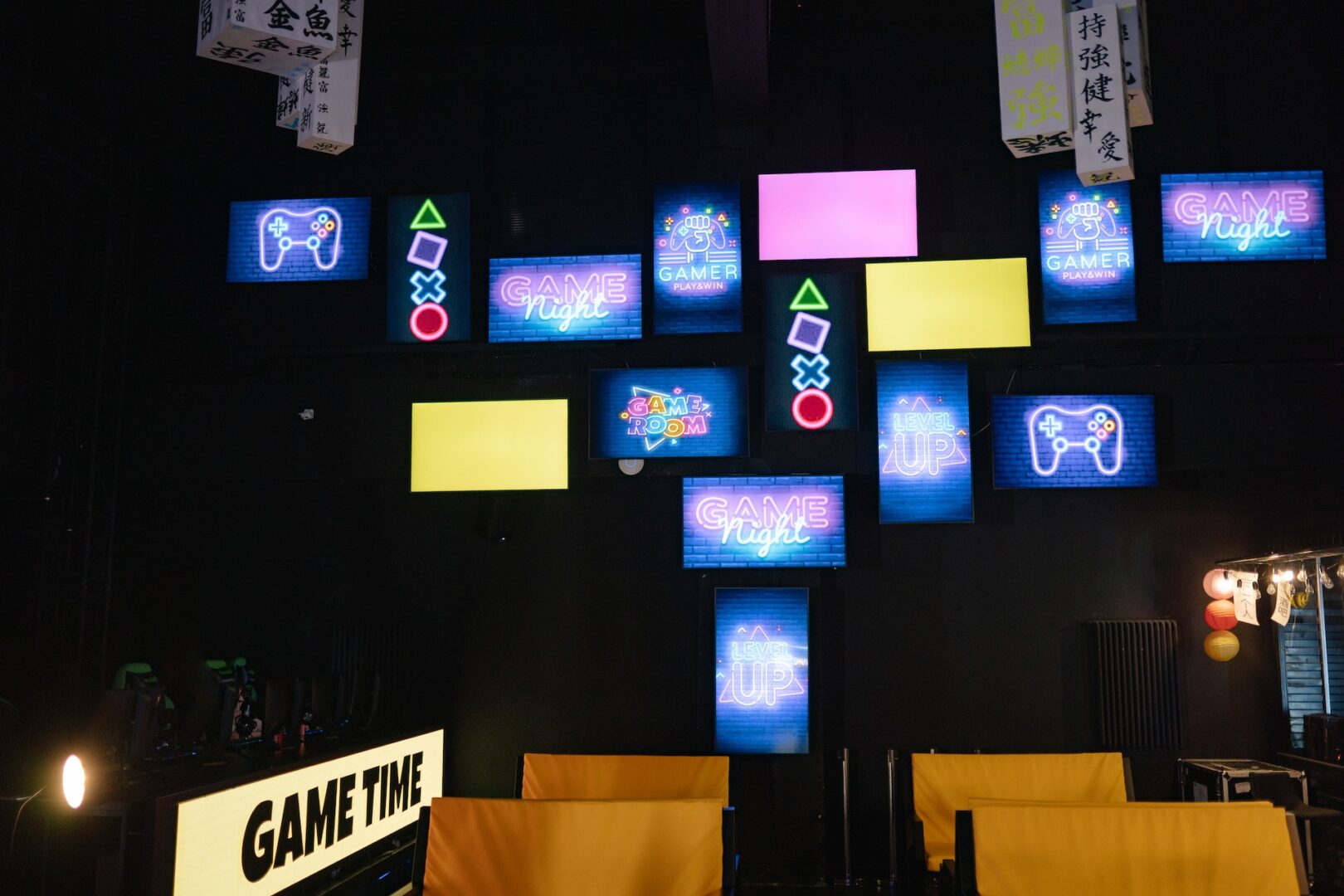The Future of Gaming: How the Convergence of Multiplayer Games, Blockchain, and Cryptocurrencies Can Transform the Entertainment World

Introduction
The entertainment industry, particularly gaming, is ever-changing, and the integration of multiplayer games, blockchain, and cryptocurrencies is poised to reshape the landscape. In this article, we’ll delve into the ways these elements can work together to create novel opportunities for players and game developers alike.
True Ownership and Trading In-Game Assets
Blockchain technology enables a significant shift in gaming through the establishment of genuine ownership and tradeability of in-game assets. By converting game items into tokens and using blockchain to monitor ownership, players can securely and transparently buy, sell, or exchange these assets, mitigating the risks of fraud or duplication.
Decentralized Gaming Environments and Governance
Additionally, blockchain technology can facilitate the development of decentralized gaming environments, granting players a direct influence on game governance and progression. This can lead to more player-centric experiences and foster tight-knit in-game communities as players collaborate to shape the game’s future.
Verifiably Fair Gaming Mechanics
Employing smart contracts and decentralized applications (dApps), game developers can guarantee that gaming mechanics and payouts are executed as intended, eliminating the potential for manipulation by developers or third parties.
Collaborations between Gaming and Cryptocurrency Initiatives
The synergy between the gaming sector and cryptocurrency projects can give rise to new partnerships and joint efforts. An example of this is the alliance between the Enjin gaming platform and Enjin Coin (ENJ) cryptocurrency, which enables players to utilize ENJ to acquire in-game items and develop their game assets on the Enjin blockchain.
Advantages for Players and Developers
The convergence of the gaming industry, blockchain, and cryptocurrencies offers numerous advantages for both players and developers. Players gain access to innovative methods of earning, monetizing, and engaging with game worlds, while developers can produce groundbreaking games with transparent rules and fresh revenue streams.
Conclusion
The future of the gaming sector may be closely linked to the evolution of blockchain and cryptocurrencies. By incorporating these technologies into multiplayer games, they can foster the creation of novel gaming environments, opportunities for players, and advancements for developers. Together, they can revolutionize the entertainment world and propel the gaming industry to new heights.





